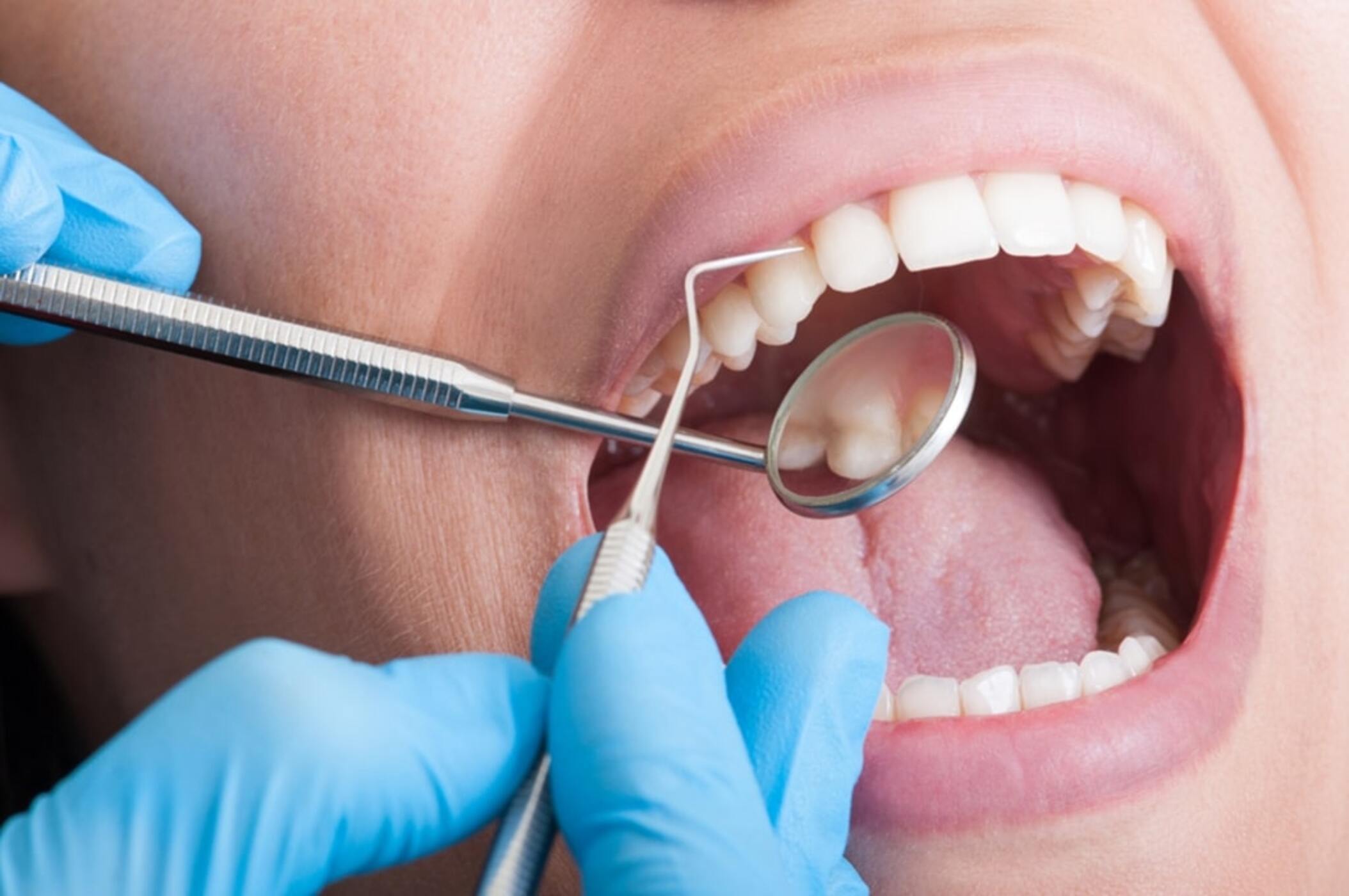One of the most common dental problems people complain about is tooth sensitivity. This is caused by several reasons. But before going there we need to explain a little about the structure of the tooth, to have a better understanding. Under normal conditions, the tooth has an outer layer called enamel, which protects the underlying part of the tooth called dentin. This part is softer than enamel and it’s connected to the pulp. This means dentin is also connected to the nerve endings that send pain signals. When enamel is worn down due to decay, fractures, or plaque buildup, the dentin becomes exposed. Another thing that can expose dentin is a receding gum line due to gum disease. After the dentin has become exposed, it’s highly susceptible to certain external stimuli such as acidity, and temperature.
Therefore, people suffering from sensitive teeth often experience a sudden sharp flash of pain when exposed to air, or after ingesting acidic foods and beverages, brushing the teeth aggressively, and using certain teeth-whitening products. However, tooth sensitivity could happen to anyone which is why it’s important to visit your dentist near Kissimmee periodically. They will make sure your sensitivity isn’t related to a more serious condition like cracked tooth syndrome, cavities, or bruxism. Also, they will be able to rule out any factors that may be worsening the problem such as:
- Long-term use of acidic mouthwash
- Teeth grinding or clenching
- Diet
- Nerve damage
- Gingivitis
- Cracked teeth
- Recent dental procedures such as crown replacements
- Brushing aggressively with a hard-bristled toothbrush
- Aggressive whitening products
Sensitivity after cleaning
You might experience some tooth sensitivity after your dental cleaning near Kissimmee. This happens because, before deep cleanings, gums can be swollen with pockets of bacteria. Not to mention that the traditional tools needed to get between the gum line and the teeth to remove the plaque, which is a process called root planing. Therefore, they can disturb the surrounding tissue causing sensitivity. Fortunately, this post-cleaning sensitivity only should last around a week. So, if you were thinking to search for a “teeth cleaning near me”, this is the perfect time to do so. It will improve the health of your teeth in the long run by preventing problems that can make sensitivity more severe.
Sensitivity after whitening
Teeth-whitening treatment, including both over-the-counter products used at home and procedures that are done by a professional, contains bleaching agents that can wear down your enamel. This is why you should always go to the dentist near you to receive advice on how to proceed when planning to whiten your teeth. Yes, you might end up with a brighter smile but at a high price when it comes to pain.
Sensitivity after restorative procedures
Some patients can experience discomfort and sensitivity after having restorative work done. It might be as simple as having a cavity filled for the first time, or even having old fillings replaced. These procedures can lead to more sensitivity due to irritation. This discomfort should subside in a matter of weeks by itself. However, persistent sensitivity could indicate a more serious problem so be mindful.
Treatment
The treatment of tooth sensitivity consists of eliminating the cause and includes several options available that will be recommended for you depending on your specific case. Among some of the options available at the moment are:
- The daily use of fluoridated mouthwash
- Fluoride gel or varnish
- The use of a soft-bristled toothbrush
- Desensitizing toothpaste
- Surgical gum graft to protect the root
- Bonding, crowns, or inlays to repair decay
- Mouthguards to avoid grinding
- Root canal therapy—as the last resort
